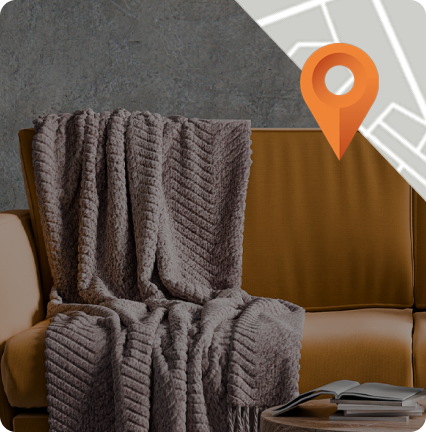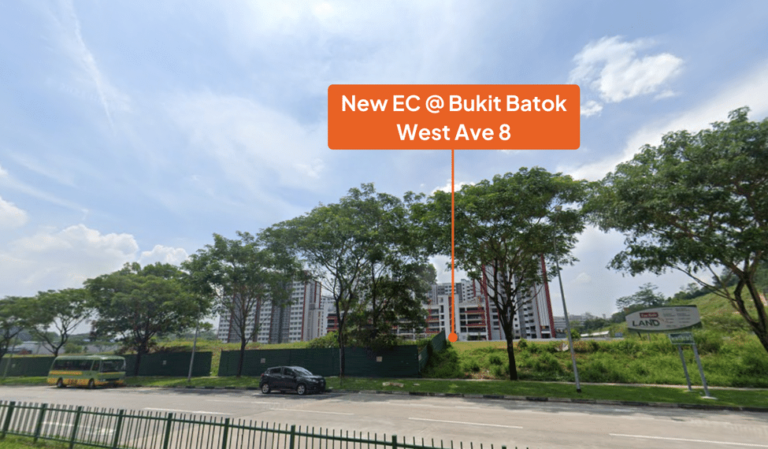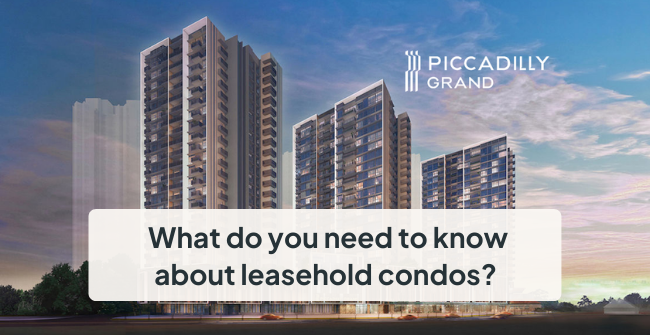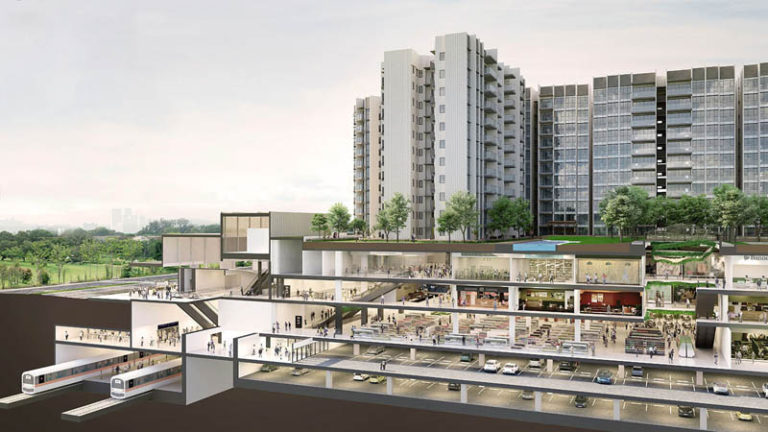Most first-time HDB flat buyers might find themselves scratching their heads at the word conveyance. If this happens to be you, don’t worry, because you’re in good company. This article will detangle this unfamiliar term and break down exactly what you need to do in the legal world of real estate conveyance.
Contents
What is legal conveyancing?
Conveyancing services are rendered by lawyers to assist property buyers with all legal processes involved in property transactions. Think of conveyance lawyers as your legal property guardians. They will analyse legal documents and give advice about anything pertaining to the transfer of legal property ownership from your seller to you, the buyer.

It doesn’t take a genius to figure out how important it is to get conveyance right. Though highly unlikely, nobody wants to find themselves in a situation where they’ve forked out a significant portion of their life savings, only for the flat they thought they bought to not be legally theirs.
Besides averting legal disaster, good legal conveyancing lawyers will also make sure that your HDB flat purchase is as smooth as possible. By minimising the possibility of hiccups during document verification and signage, such as when exercising the Option to Purchase (OTP), conveyancing services can keep you on track for your move and prevent inconvenient clashes in your calendar.
How much do conveyance services cost?
Conveyancing fees typically lie within a ballpark range $2,500 to $5,000, but can be even more expensive depending on the purchase price of your property. If you are using HDB’s conveyancing services (which you can only use if you are not financing your flat with a bank loan), then the fee breakdown is as follows:
| Cost breakdown | Amount payable |
| First $30,000 | $0.90 per $1,000 |
| Next $30,000 | $0.72 per $1,000 |
| Remaining Amount | $0.60 per $1000 |
This will cost approximately $450 for a flat with a purchasing price of $460,000. Of course, this does not include other payments such as GST, option fee, and stamp duty fees. A full breakdown of HDB conveyancing service fees is available on their website.
Who requires conveyancing services?
But what happens if you are using a loan to finance your new apartment? Homebuyers who fall within this category will have to appoint a private lawyer to conduct conveyancing services on their behalf, which they can do so by granting them authority via the Power of Attorney (POA). HDB flat buyers don’t have to attain a loan before hiring conveyancing services, either, as lawyers can also assist in getting home loans approved.
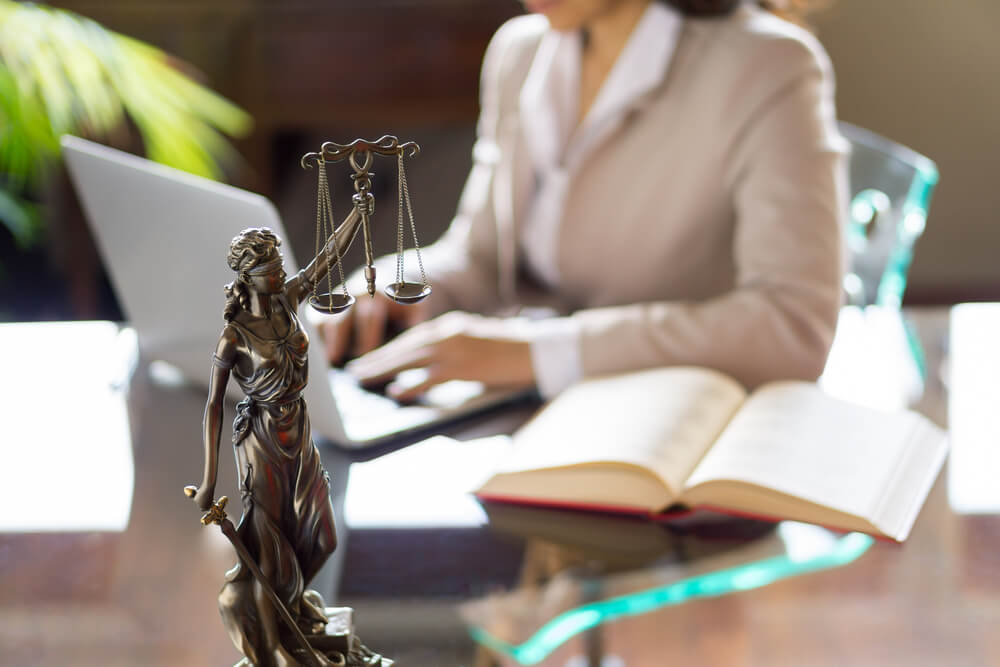
It’s also important to note that POAs are usually valid for two to six years. While the POA is in effect, your lawyer will be able to stand in on your behalf during legal disputes over your HDB flat’s ownership and finances.
$2,500 to $5,000 in conveyancing services is no small sum. While we don’t recommend going for the cheapest conveyancing services just to save a few hundred dollars, buying an HDB is expensive enough for the average household or individual. That’s why Ohmyhome offers full-service conveyancing at a more affordable price to make property ownership accessible to everyone. Read to the end to find out how affordable home conveyancing with Ohmyhome can be!
What are the responsibilities of a legal conveyance lawyer?
Like most lawyers, conveyancing service attorneys parse out details within the fine print of all your HDB documents to ensure that they are legally watertight. While HDB flat purchases are fairly straightforward, you’ll still want to ensure that no loopholes have been built into contracts that either party can exploit in the future. Better to be safe than sorry, after all. Conveyancing services covers legal vetting for the following processes:
1. Vetting and securing the deposits of your OTP
One of the first tasks that your legal conveyance lawyer will do is vetting through your OTP contract. For the uninitiated, an OTP contract grants the HDB buyer exclusive rights to purchase the property from the HDB seller, at a price that has been agreed upon.
To receive the OTP, you will have to pay an option fee that costs anywhere between $1 and $1,000. This amount is discretionary and will be decided between you and your seller.
Your seller is not permitted to offer their flat to any other prospective buyer after they have granted you the OTP. Having a conveyance lawyer by your side will ensure that you have someone to advocate for your case in the event that your sellers break this rule — because you would have likely turned down other offers to enter an exclusive contract with them, too.
2. Lodging a caveat – your exclusive right to purchase
On top of the OTP contract, your conveyancing lawyer will also lodge an additional caveat that will serve as an additional layer of legal protection of your right to the HDB flat.
The caveat basically notifies all other buyers and anyone else who might come across the HDB flat in the future that you have laid your claim to the property. This is also a legal mechanism that prevents the same property from being illegally transacted multiple times.
3. Securing your exercise fee and downpayment
Once you’re ready to purchase the HDB flat, you can exercise the OTP. At this point, you’ll have to pay for two things: the exercise fee and 4% of the property purchase price as down payment.
The exercise fee and option fee should not exceed $5,000 in total. This amount is also usually decided between you and your buyer, and should be clearly stated within the OTP contract.

As for the 4% down payment, it will be transferred over to a holding account managed by you and your seller’s lawyer. The account is usually set up in one of three ways:
- By your private conveyancing law firm
- Via the Conveyancing Money Service of the Singapore Academy of Law (SAL)
- An escrow account jointly set up and owned by both you and your seller’s lawyers
This holding account will store the minimum 4% down payment (or more, if you wish) which will only be released to your HDB seller upon completion of all transactions. Conveyancing lawyers of both parties will act as intermediaries to ensure that there is no foul play, such as the HDB seller running away with your deposits even after you decide to exercise the OTP.
4. Sending out legal requisitions
Your lawyer will get pretty busy once you exercise the OTP. This is because they will be contacting government bodies left and right to ensure that your HDB seller does not transfer any outstanding fees and taxes to you. There are a total of six statutory boards that your conveyancing lawyer will reach out to:
- Public Utilities Board
- Land Transport Authority
- Building Control Authority
- National Environment Agency
- Inland Revenue Authority of Singapore (IRAS)
- Urban Redevelopment Authority
While you won’t have to worry yourself with the details, this process basically ensures that you will not be liable for any issues pertaining with anything ranging from broken pipes, mosquito breeding grounds, or even outstanding property tax.
This is because authorities from each statutory board will conduct their own investigation to ensure that no liabilities will be transferred over to you. The HDB resale can only be officially completed once the authorities are satisfied with the state of the apartment. Should any issues come up, your seller will be responsible for amending them before proceeding with the resale.
Unfortunately, this also means that you will likely forfeit your OTP option fee. But that’s a small price to pay when compared to being saddled with several years of unpaid property tax.
5. Settling mortgage and loan payments
Exercising the OTP also locks in the date of completion of sale, which comes in at 10 to 12 weeks after the date of OTP exercise. Within this time period, the bank from which you have taken out a loan will conduct a formal property valuation.
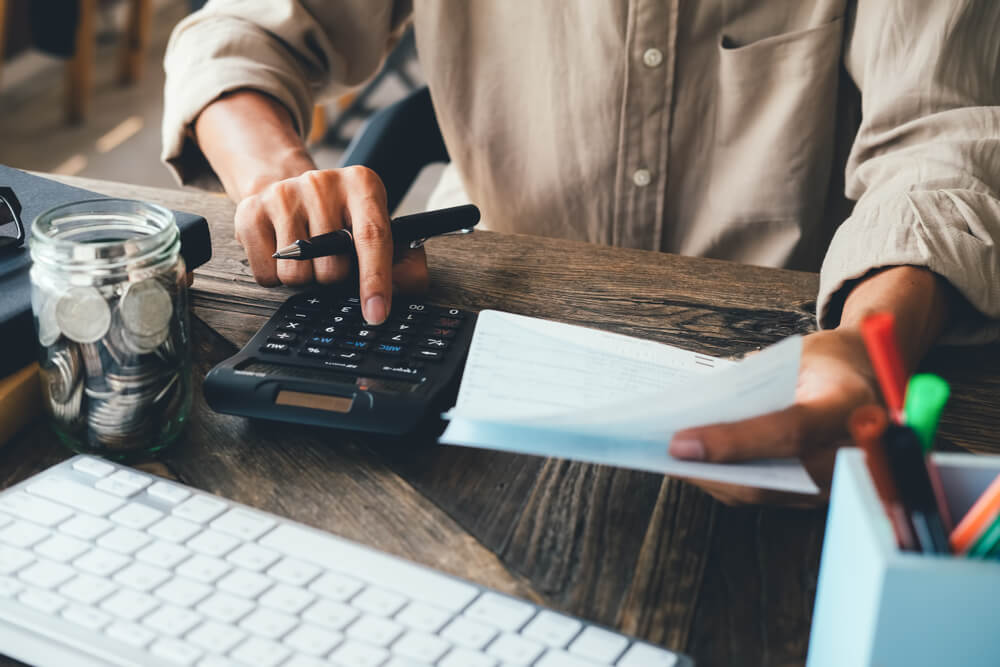
In the event that the seller is still paying the mortgage, the lawyers of both parties will work together to transfer the property ownership to you. During this time, you will be required to submit documents from your Central Provident Fund and other relevant banking statements to prove that you can service any loans, as well as the mortgage, that you will be taking on.
Submitting these documents in time is crucial. Failure to do so within the stimulated 10 to 12 weeks can incur you additional bank administrative fees and interest charges amounting to 6% of your loan per annum.
6. State of the home you arrive in
Your sales documents also detail the state of the property that you will be purchasing. That is, whether or not the property comes inclusive with furniture, or is completely vacant.
If you purchased the property “as-in”, then your contract will account for every piece of furniture that should remain upon your arrival. In most cases, however, sellers will want to take their belongings with them, in which case the contract should list the property as “vacant”.

Once the 10 to 12-week timeframe draws to a close, your seller should vacate the home completely and grant you vacant possession. This provides you with a small time window to inspect the property for defects and have your seller rectify it before resale procedures conclude.
While you can do a thorough inspection, your lawyer will also be there to ensure that your seller is held responsible for any defects that are not stated within the contract document. For example, if you find that your floorboard is infested with termites, a good conveyancing lawyer will ensure that your seller will be responsible for paying for extermination and panelling renovations.
7. Resale completion and key collection
The resale completion date is when you will receive the following items:
- Keys to your new HDB flat
- A certificate indicating your legal ownership of the property
- A transform form detailing the HDB transaction
Your conveyancing lawyer, on the other hand, should have transferred all down payment funds from the holding account to your seller. They will also have to notify the Inland Revenue Authority of Singapore and other relevant authorities that your property now has a new owner. With that, the onus of keeping up with maintenance fees and property taxes will fall upon you, the HDB flat’s rightful owner.
Conveyancing service made easy and affordable
Everyone deserves to live in a home they can afford. That’s why Ohmyhome’s conveyancing service fee starts from $1,800. We don’t just offer affordable prices, we also help home buyers seal the deal fast, so that you can live out your dreams of homeownership as soon as possible.
Our full-suite legal services covers mortgage & real estate financing, will drafting, lasting POAs, and more (Get the whole list here). We leave no stone unturned in ensuring the smoothest property transaction process, because we believe that owning a home should be quick and simple. Because at Ohmyhome, we’re always by your side, always on your side.
Call us at 6886 9009 to get connected with our reliable legal partners immediately, or message us in the chat box at the bottom right-hand corner of the screen. If you’re on the go, we’re also available on WhatsApp at 9755 1009.





